Taiwan wants to equip workforce with AI skills

Unions can apply for subsidies to train workers in artificial intelligence (AI) to prepare the workforce for disruptions brought by a changing labour market.
Improving employee wellbeing in New Zealand

The 2015 Health and Safety at Work Act in New Zealand requires workplaces to look after the physical and mental health and wellbeing of staff.
Companies in Japan allow employees to postpone retirement

About 25.6% of companies are heeding a government directive to allow employees to voluntarily work until they are 70 years old.
New Zealand court ruling discourages employees from speaking up

Toy company Zuru plans to sue former employees who anonymously wrote scathing online reviews of the company.
More workers continue to find employment in Cambodia

Cambodia’s unemployment rate is expected to be at 0.31% this year, which is the lowest in South-East Asia, reported the ASEAN Information Centre (AIC).
Employees of SMEs in Japan to be paid more

To retain and attract talent, 50.9% of SMEs have either implemented or plan to implement a raise in wages in fiscal year 2022.
Remuneration key to retaining employees in Singapore

Driven by a mix of factors, more than half of Singapore employees (51%) are likely to quit their jobs in the next 12 months.
Companies in Australia urged to work remotely

Companies have been urged to allow their employees to work from home and implement mask wearing in the office to combat a new Omicron wave.
Majority of university seniors in Japan secure job offers

83.3% of university seniors, scheduled to graduate next March, have secured job offers as of July 1, including some who have received multiple offers.
Workplaces in Cambodia told to provide more breastfeeding facilities

The government has urged all workplaces with 100 or more women employees to install lactation rooms to support breastfeeding mothers.
Public service in Singapore embraces flexi-work

Hybrid working arrangements are becoming the norm in the public sector, which is taking the lead in the country’s endeavour to retain flexible work.
China cracks down on discrimination against job applicants

Chinese Premier Li Keqiang has vowed to punish employers who discriminate against job seekers who have had COVID-19.
Mature workers in Singapore receive more help in career planning

The Structured Career Planning guidebook gives employers a framework to implement a process to engage staff on career and skills development.
Laos to raise minimum wage from August 1
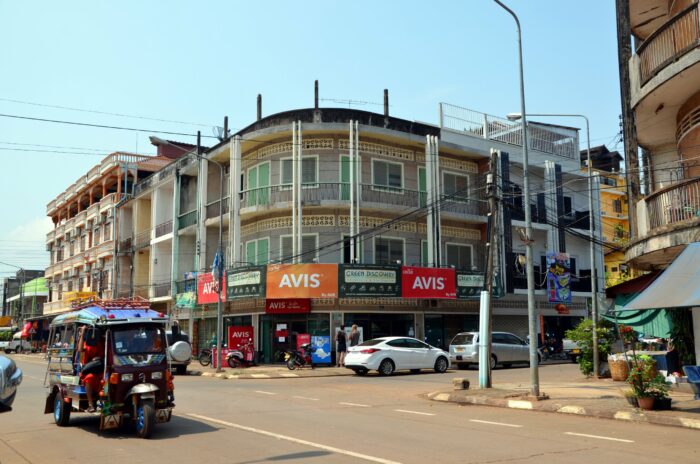
The monthly minimum wage in the country will be increased to 1.2 million kip (US$78) starting on August 1.
China seeks better protection for gig workers
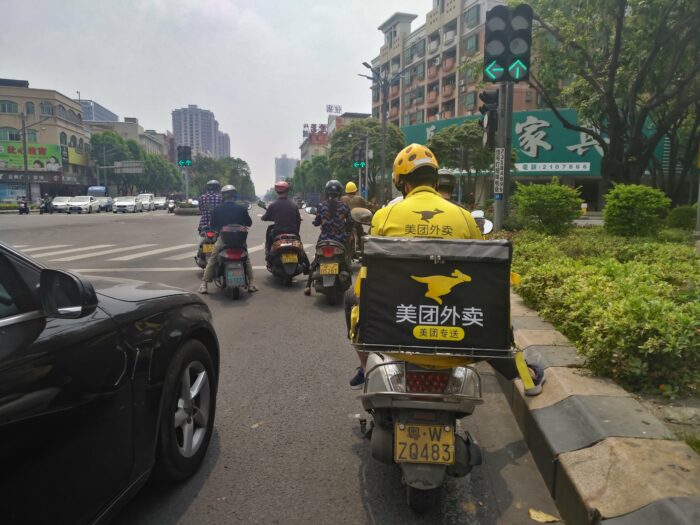
New regulations aim to serve the rights of workers, foster new skills, support startups, and ensure healthy and balanced development in the job market.
Over 50s make up 85% of job increases in South Korea

The number of employed increased for the 16th consecutive month, with the tally for June climbing by more than 800,000 on-year.
More companies in India considering hybrid work model

With flexible work gaining momentum, about 73% of companies in India are evaluating the feasibility of hybrid working arrangements.
Large enterprises in Australia to continue hybrid work

Health authorities have been calling for a return to widespread remote work because of a worsening winter COVID-19 wave.
Less Singaporeans are switching jobs mid-career

Due to a recovering labour market, the number of mid-career Singaporeans who joined programmes to switch fields plunged in 2021.
Cambodian businesses urged to join pension scheme
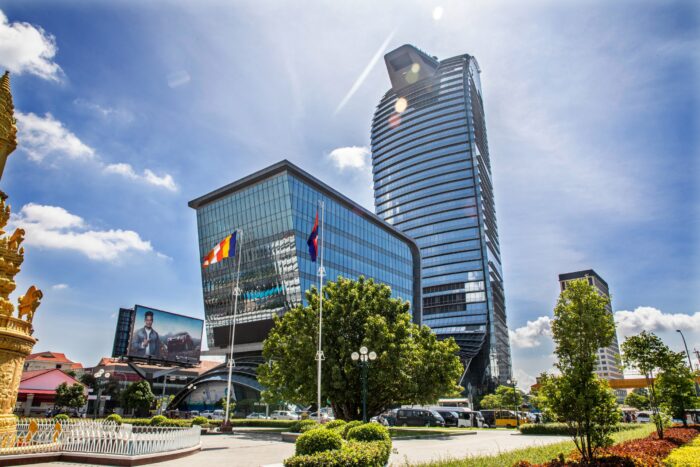
Labour bodies have called on employers who have not been registered with the National Social Security Fund (NSSF) to do so as soon as possible.
Singapore’s unemployment rate remains low
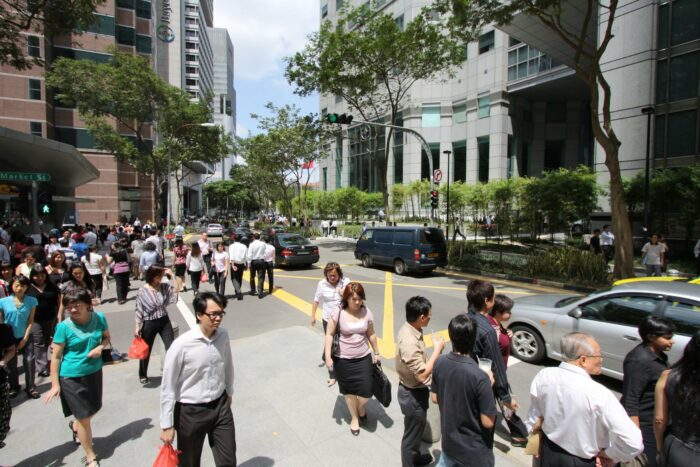
The unemployment rates in May stayed unchanged from the month before, and the likelihood of a downturn remains low.
150,000 found jobs through Malaysian government initiative

Up till June 2022, more than 150,000 people have obtained employment through the Malaysian Family Job Guarantee Initiative.
Singapore enhances mental health support at workplaces

The national task force on mental health will focus on stepping up resources for employees in the workplace.
Going Green can help generate more jobs in ASEAN

A green recovery from the pandemic could create US$172 billion in investment opportunities annually and generate more than 30 million jobs by 2030.
More employees in Japan returning to the office

A recent survey has shown that more than 70% of Japanese companies are currently not implementing working from home for their employees.
China offers support to enterprises and self-employed businesses

Chinese ministries have rolled out a raft of support policies that focus on cutting fees and taxes, as well as provide employment skills training.
Cambodian labour unions want minimum wage hike
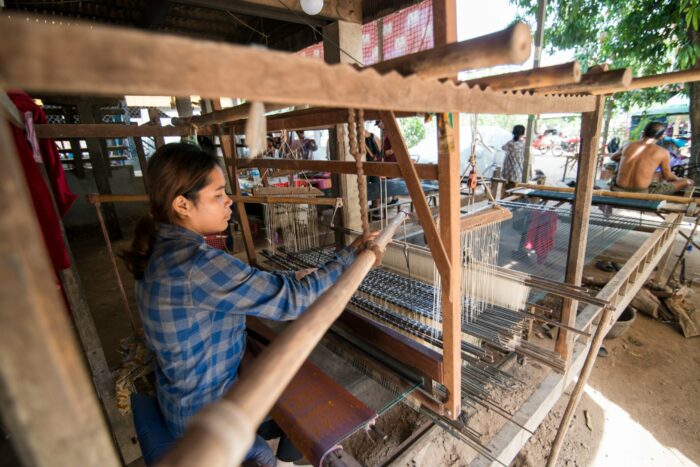
Labour unions have quoted US$204-214 as the minimum wage for the textile, garment, footwear, bags and travel goods sectors in 2023.
Employees in Singapore intend to work longer

The top reasons for wanting to remain employed are to stay active, have a sense of purpose, maintain social connections, and save up for old age.
Employees in Thailand in line for higher salaries
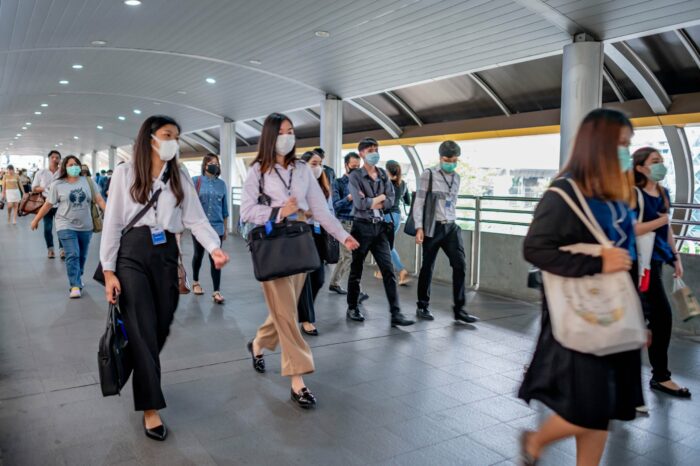
The government will seek wage increases for private-sector employees to help them cope with rising costs due to higher inflation.
Cambodia prepares workers for retirement

The labour and finance ministries are set to implement a pension plan under the Labour Law that will benefit both private and public workers.

